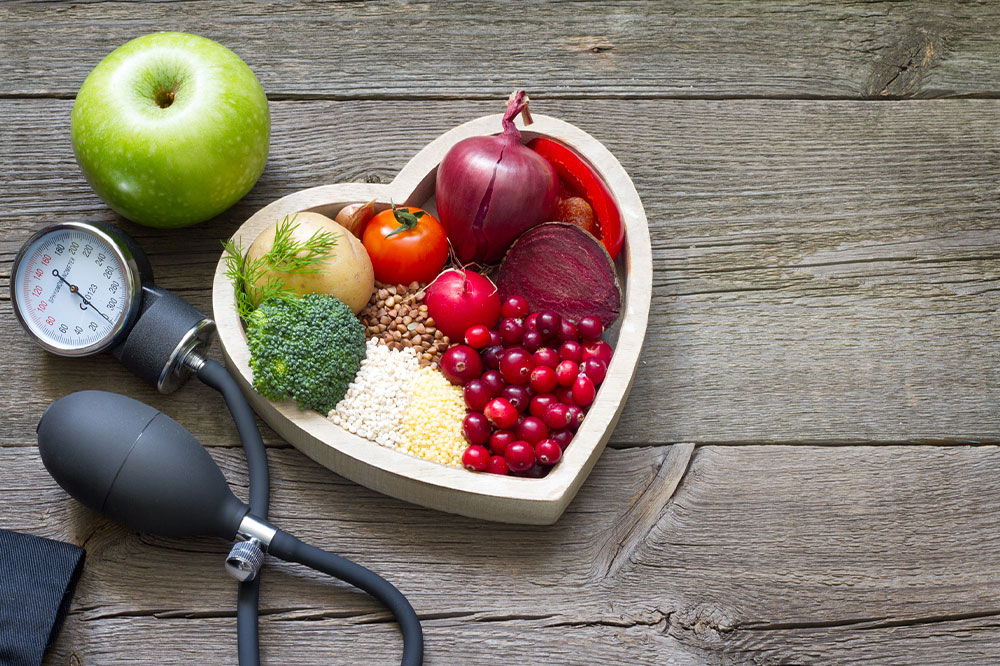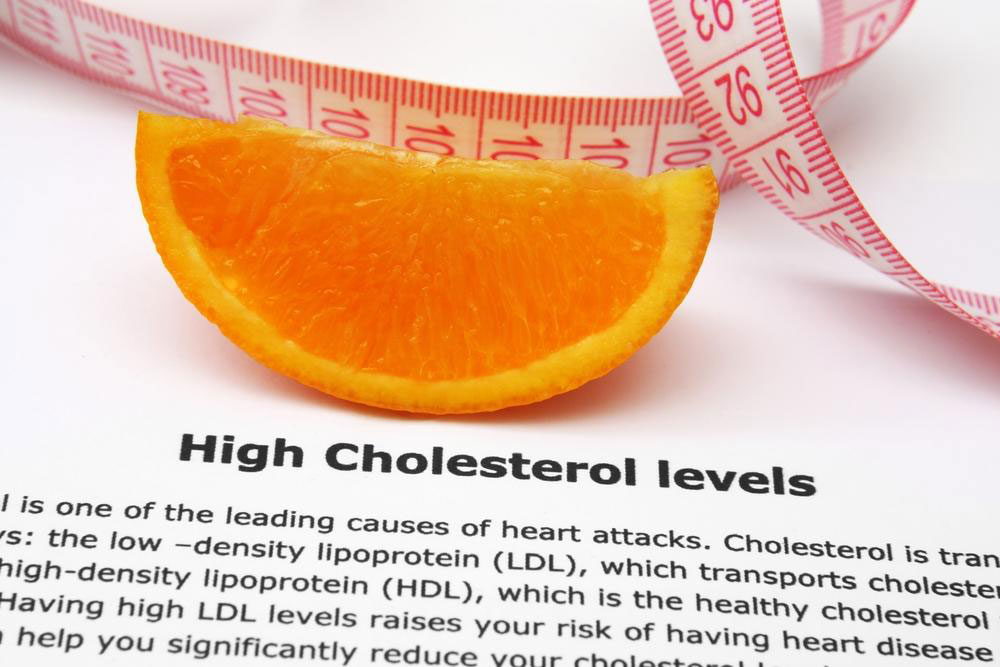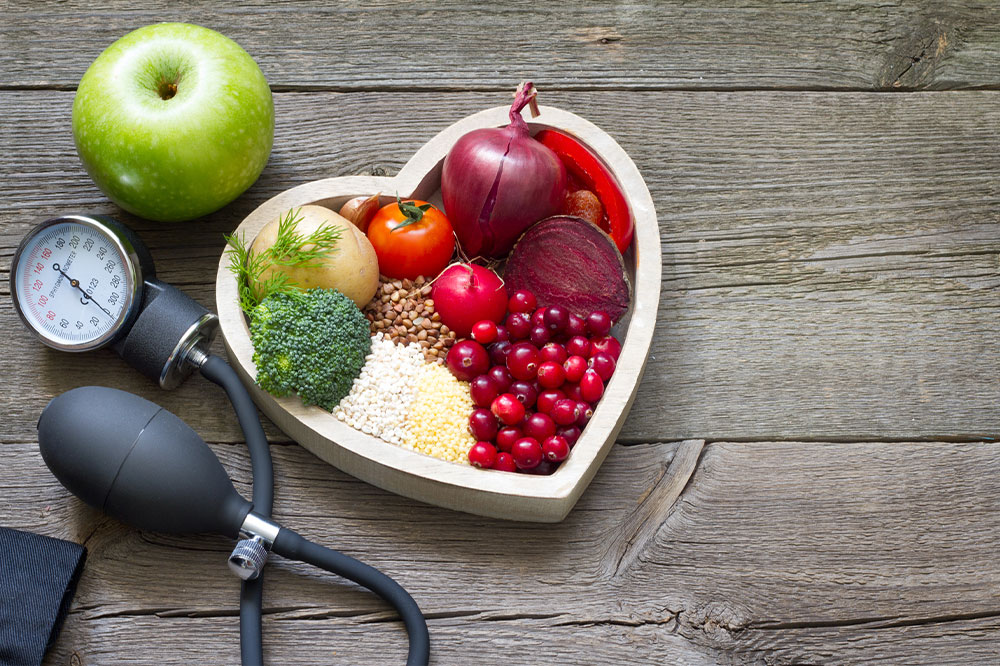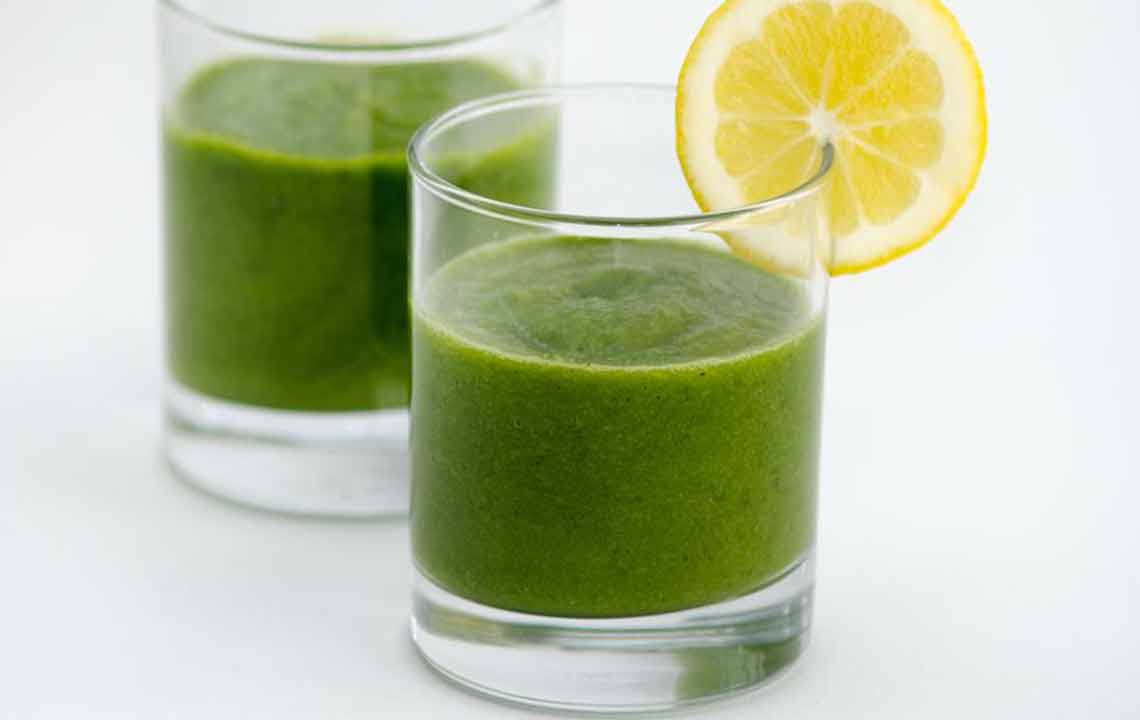Effective Natural Methods to Lower Cholesterol and Improve Heart Health
Discover effective natural strategies to lower cholesterol and enhance heart health. From dietary adjustments like consuming healthy fats and soluble fiber to regular exercise and quitting smoking, this comprehensive guide offers practical tips for managing cholesterol without solely relying on medication. Combine lifestyle changes with medical advice for the best results and take proactive steps toward a healthier heart today.
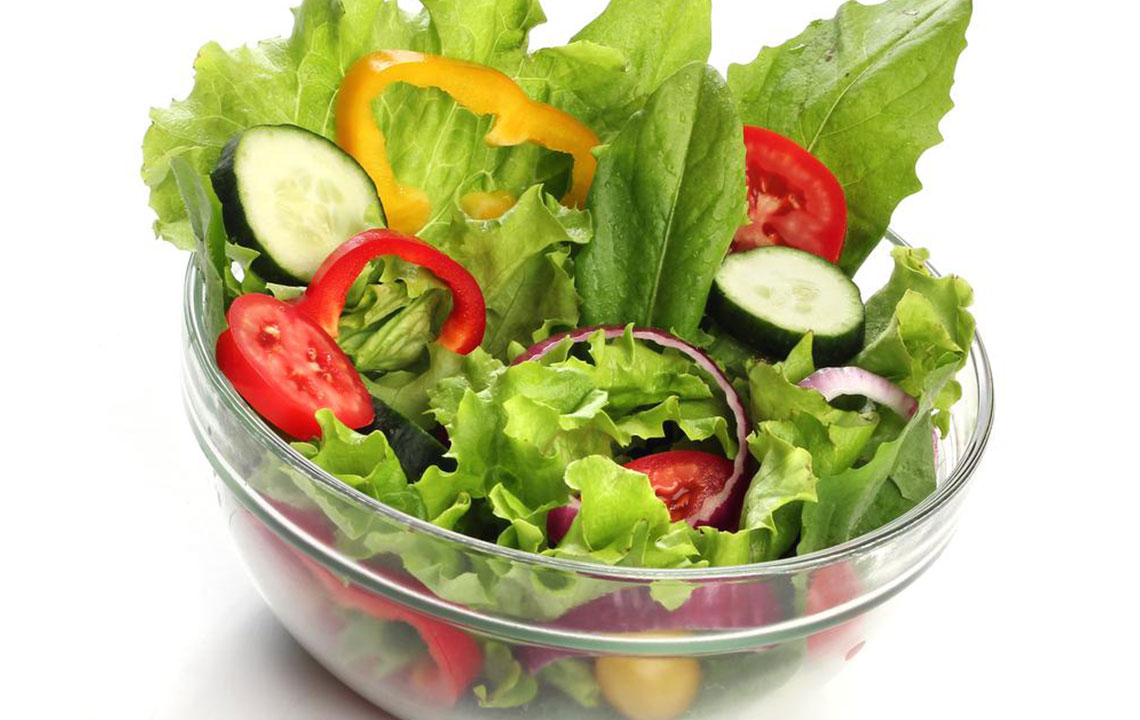
Effective Natural Methods to Lower Cholesterol and Improve Heart Health
Elevated cholesterol levels pose a significant risk to cardiovascular health, increasing the chances of developing conditions such as heart attacks, strokes, and peripheral artery disease. While pharmaceutical interventions are commonly prescribed to manage high cholesterol, many individuals prefer or benefit from adopting natural and lifestyle-based strategies to support their heart health. These methods not only complement medication but can also be powerful on their own, especially when combined with dietary adjustments and physical activity. Taking proactive steps can lead to substantial improvements in cholesterol profiles and overall cardiovascular wellness.
Prioritize Heart-Healthy Fats in Your Diet
Many diets today are overloaded with unhealthy fats, primarily coming from processed foods and fast foods. For better heart health, it’s crucial to incorporate healthier fats into everyday meals. These include monounsaturated fats found abundantly in olive oil, canola oil, and avocados, which can help lower bad LDL cholesterol levels while raising beneficial HDL cholesterol. Limiting saturated fats, which are prevalent in red meats, full-fat dairy products, and certain baked goods, is essential for those aiming to reduce their cholesterol. Aim to keep saturated fat intake below 7% of total daily calories. Switching to leaner cuts of meat, removing skin from poultry, and choosing low-fat dairy options like skim milk or yogurt can markedly improve cholesterol levels.
Eliminate Trans Fats Completely
Trans fats are particularly harmful to heart health. They increase low-density lipoprotein (LDL) cholesterol, often called the 'bad' cholesterol, while simultaneously reducing high-density lipoprotein (HDL), the 'good' cholesterol. These fats are commonly found in fried foods, commercially baked goods, snack foods, margarine, and processed snack foods containing partially hydrogenated oils. Regular consumption of trans fats significantly elevates the risk of cardiovascular diseases, making it vital to avoid such foods entirely. Always read nutrition labels carefully and opt for trans fat-free products to protect your longevity and heart health.
Enhance Your Intake of Omega-3 Fatty Acids
Omega-3 fatty acids are renowned for their ability to support cardiovascular health. They contribute to increasing HDL levels, reducing triglycerides, and preventing arterial plaque buildup. Rich sources include fatty fish such as salmon, mackerel, sardines, and herring. For plant-based options, flaxseeds, chia seeds, walnuts, and almonds are excellent choices and can be easily incorporated into meals and snacks. Consuming omega-3s regularly not only helps in lowering cholesterol but also aids in blood pressure regulation and reducing inflammation, which are critical factors for heart disease prevention.
Increase Soluble Fiber Consumption
Dietary soluble fiber plays a vital role in managing cholesterol levels. Soluble fiber binds to cholesterol particles in the digestive system, facilitating their removal from the body. Foods rich in soluble fiber include oats, barley, beans, lentils, apples, citrus fruits, carrots, and Brussels sprouts. Consuming adequate amounts of soluble fiber—aiming for about 5-10 grams per day—can significantly lower LDL cholesterol levels and promote overall heart health. Incorporating these foods into your daily diet can lead to a noticeable improvement in your cholesterol profile over time.
Incorporate Whey Protein into Your Diet
Whey protein, a high-quality protein found in dairy products like milk, yogurt, and cheese, has been shown to help reduce LDL cholesterol when consumed regularly. Supplementing with whey protein powders is a convenient way to boost intake, especially for individuals who need extra nutritional support. Studies suggest that whey protein not only helps in lowering bad cholesterol but also supports weight management and muscle health. Using whey protein shakes or incorporating dairy-based protein sources into meals can be an effective strategy as part of a comprehensive cholesterol-lowering plan.
Engage in Consistent Physical Activity
Regular exercise is one of the most effective lifestyle strategies for improving cholesterol levels. Physical activity increases HDL cholesterol and can help reduce LDL cholesterol and triglycerides. Aim for at least 150 minutes of moderate-intensity aerobic exercise, such as brisk walking, cycling, swimming, or jogging, each week. If time constraints are an issue, dividing activity into shorter sessions multiple times a day can be equally beneficial. Consistent exercise also supports weight management, reduces blood pressure, and strengthens your heart, making it a cornerstone of natural cholesterol management.
Quit Smoking for Better Heart and Cholesterol Health
Smoking has a detrimental impact on cardiovascular health, primarily due to its effect on lowering HDL cholesterol levels and promoting arterial plaque formation. Quitting smoking can lead to rapid improvements in HDL levels within weeks and substantially decrease the overall risk of heart disease over time. The benefits extend beyond cholesterol, including improved lung function, better circulation, and reduced inflammation. For those serious about lowering cholesterol naturally, cessation of smoking is a pivotal step. Support groups, counseling, and nicotine replacement therapies can assist in overcoming addiction and achieving lifelong benefits.
Combine Lifestyle Changes with Medical Treatment When Necessary
While lifestyle modifications can significantly reduce cholesterol levels, some individuals may require medical intervention. Healthcare professionals can prescribe cholesterol-lowering medications such as statins, ezetimibe, or PCSK9 inhibitors based on individual risk factors and cholesterol profiles. When combined with dietary changes, physical activity, and other healthy habits, medication effectiveness can be enhanced, often allowing for lower doses and minimized side effects. Regular monitoring and consultation with your healthcare provider ensure a personalized approach for optimal cardiovascular health.
In summary, managing cholesterol levels naturally involves a comprehensive approach. Through targeted dietary changes, increased physical activity, avoiding harmful fats, quitting smoking, and, when needed, medical intervention, individuals can effectively control their cholesterol. These strategies not only lower the risk of heart disease but also promote overall wellbeing, leading to a longer, healthier life.
